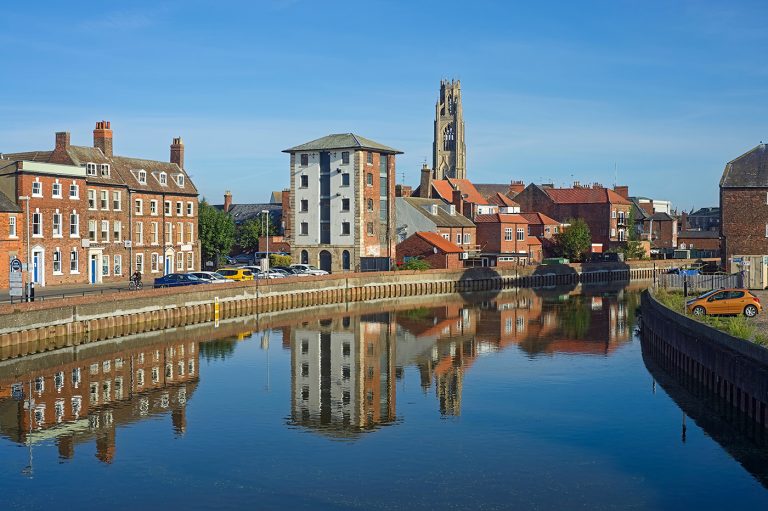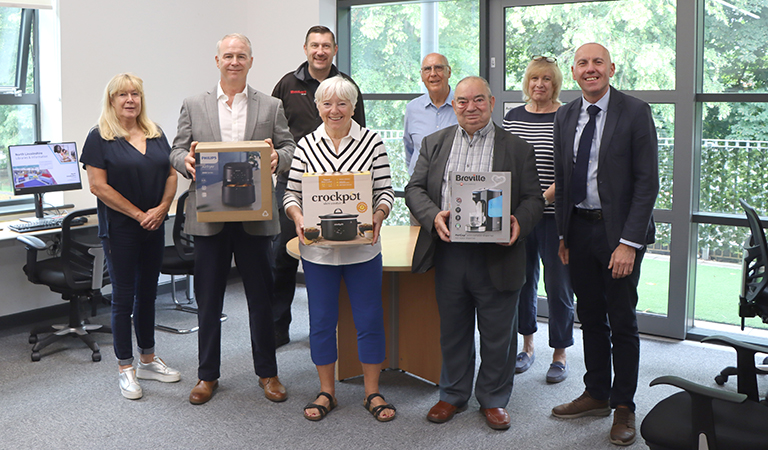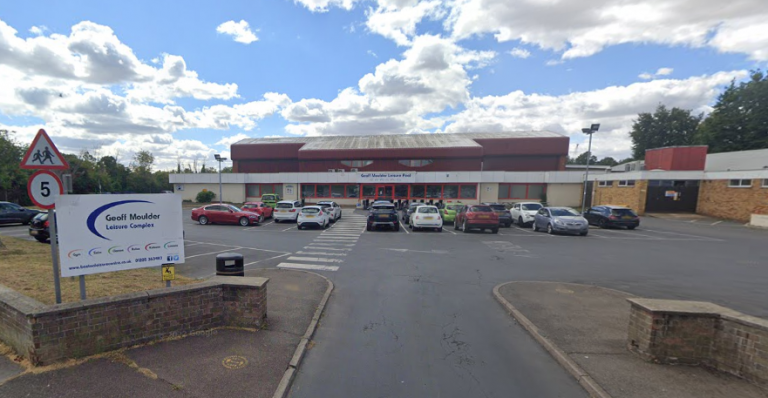First phase of redevelopment works get the go-ahead at Castle Sports Centre
Lincoln makes list of best value cities for families
For parents juggling school catchment maps and mortgage calculators, there’s good news: Lincoln has landed a spot on a new list of cities where great schools don’t come with eye-watering house prices.
The study, carried out by University of Technology Sydney Online, looked at more than 130 locations across England to find where families can get the most bang for their buck, balancing quality education with affordable property. The rankings are based on the proportion of schools rated ‘Outstanding’ by Ofsted between January 2024 and January 2025, alongside average house price data from the Office for National Statistics.
Lincoln came in 22nd place overall, with homes averaging £187,000, making it the 12th most affordable location in the study. While the city didn’t score top marks on school quality, with just under 7% of schools rated outstanding, its historic charm and comparatively low property prices still make it a standout choice for families seeking long-term value.
Wigan topped the list thanks to a rare mix: high-performing schools and house prices under £200,000. Preston and Chorley followed closely, with Burnley offering the lowest house prices overall at just £118,000. Luton rounded out the top five.
At the other end of the scale were places like Bath, Brighton and Hove, and parts of Hertfordshire, where house prices are high but outstanding schools are harder to come by. Unsurprisingly, London fell outside the top tier, ranking 72nd, well behind regional cities like Liverpool, which placed 15th.
For families who don’t want to sacrifice either their child’s future or their financial sanity, cities like Lincoln offer a rare middle ground. The perfect school might still take some searching, but it doesn’t have to cost a fortune to live nearby.
Image credit: Stock.adobe.com/U-JINN PhotographyLincolnshire flood alerts get smarter and more targeted
Flood warnings across Lincolnshire have been upgraded to improve accuracy and reach, following several disruptive flood events earlier this year. The Environment Agency has expanded its service to cover hundreds more properties, with a particular focus on areas such as Grantham, Boston, Lincoln and Market Rasen.
The January floods prompted more than 30 warnings in a single period, and highlighted gaps in the existing alert system. Some residents in Grantham, for example, were notified unnecessarily, leading to avoidable concern.
In response, the Environment Agency has introduced more precise alert zones. One key change is the creation of a dedicated warning area for the South Forty-Foot Drain in Boston. In Grantham, the River Witham alert area has been split to better reflect flood risk patterns.
These updates mean over 800 properties have now been placed into a more appropriately sized flood warning zone. Officials are encouraging locals to register for alerts, as better data and targeting means warnings are now more useful and less likely to cause false alarms.
The changes are part of broader efforts to make flood alerts feel less like blanket warnings and more like tailored, timely tools to help people prepare.
Image shows Boston. Credit: Stock.adobe.com/TonyHelping hands return for North Lincolnshire pensioners
North Lincolnshire Council is relaunching its well-received cooking appliance giveaway for older residents, offering more pensioners the chance to receive free energy-efficient devices such as air fryers, slow cookers, or one-cup kettles.
The initiative, originally rolled out to around 8,000 pensioners, is returning this autumn with an expanded reach. The scheme aims to support healthier eating habits and reduce energy bills for those feeling the pressure of rising living costs. In addition to the appliances, recipients can also access free cooking sessions to help them make the most of their new tools.
This round of the rollout is specifically targeted at eligible pensioners who missed out previously. Each household can receive one appliance, with applications now open online or through in-person visits to community hubs in Ashby, Barton, Brigg, Crowle, Epworth, and Scunthorpe. Staff at the hubs are available to assist with registrations.
Appliances will be delivered to hubs from mid-September, ready for collection. The council has positioned the programme as part of its broader pledge to offer practical support during the ongoing cost of living challenges, ensuring that older residents are not left behind.
Image credit: North Lincolnshire CouncilFree wi-fi comes to South Kesteven towns
Demolition works begin at Boston leisure centre
O’Brien’s Optician owner marks new achievement
Small steps, safer streets in Scunthorpe
Efforts to improve safety and wellbeing in Scunthorpe are beginning to show results as North Lincolnshire Council continues to roll out targeted initiatives in partnership with police and community groups.
A renewed focus on street-level issues such as drinking, fly-tipping, and unlicensed trading has led to a string of enforcement actions. Public Space Protection Orders have been extended, illicit tobacco and vapes have been seized from multiple premises, and two serious offences are now with the Crown Court.
Retail inspections found alcohol licence breaches in six shops, though only one required formal action. A new selective licensing scheme is also in place, aimed at improving standards in rental housing.
Beyond enforcement, the council has stepped up local engagement. Environmental clean-up projects have been run alongside faith and cultural groups, and new health and education services have been introduced in key neighbourhood hubs.
There’s now a new one-way traffic system to ease congestion, and patrols during busy periods are helping address noise, litter, and trading issues.
With additional funding secured and enforcement hours extended, the council says it’s aiming to make neighbourhoods not just safer, but more connected and confident.
Image credit: North Lincolnshire CouncilNew health institute launched to address rural and coastal health challenges
The University of Lincoln has launched the UK’s first dedicated institute to tackle health disparities in rural and coastal communities. The Lincoln Institute for Rural and Coastal Health (LIRCH), based in Mablethorpe at the newly developed Campus for Future Living, aims to address health inequalities affecting 85% of the UK’s landmass.
LIRCH is backed by a £10.9 million grant from the UKRI Research England – Expanding Excellence in England (E3) fund. The initiative focuses on integrated, multi-disciplinary research to develop practical solutions tailored to the needs of these underserved areas. The Institute aims to improve access to healthcare and address the impact of factors like climate change and socio-economic deprivation, which contribute to higher rates of preventable illnesses and lower life expectancy in rural and coastal regions.
The launch event featured key speakers, including Professor Mark Gussy, Director of LIRCH, and Claire Woodward, Director of Community Investment at ACIS Group. The event was also supported by Professor Chris Whitty, Chief Medical Officer for England, who spoke remotely and underscored the significance of the new institute in improving health outcomes across rural and coastal communities.
The Campus for Future Living, which serves as the new home for the Institute, underscores LIRCH’s commitment to creating community-driven, place-based health solutions. Through collaboration with local councils, community organisations, and healthcare providers, LIRCH will develop research that aims to drive meaningful, long-term impact in these regions.
Image credit: University of LincolnTourism makes £3bn economic impact across Lincolnshire
Figures for 2024 have revealed the total value of the visitor economy for Greater Lincolnshire surpassed £3bn.












